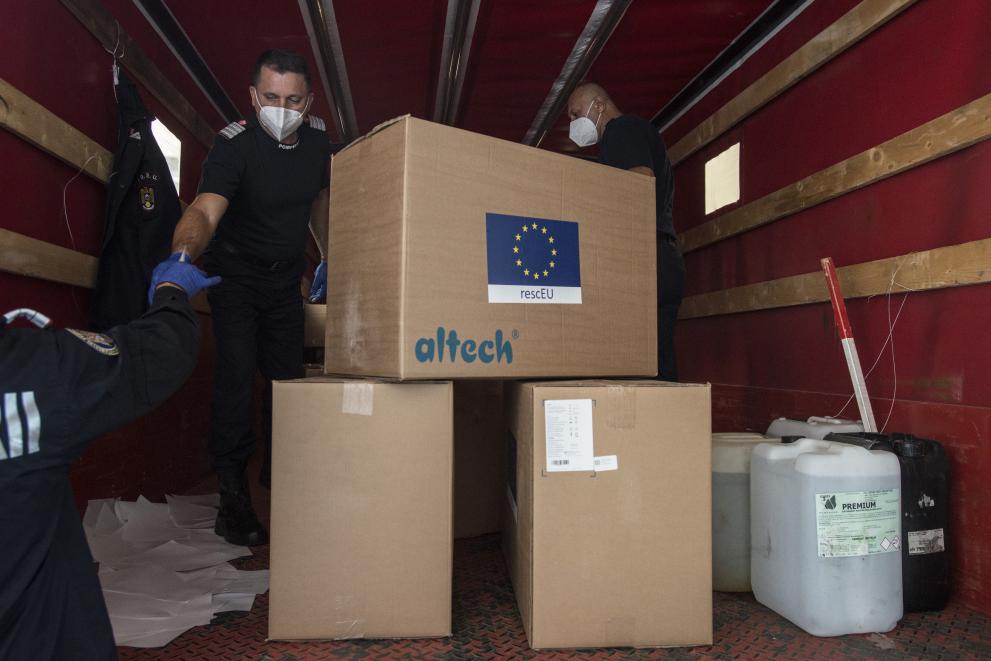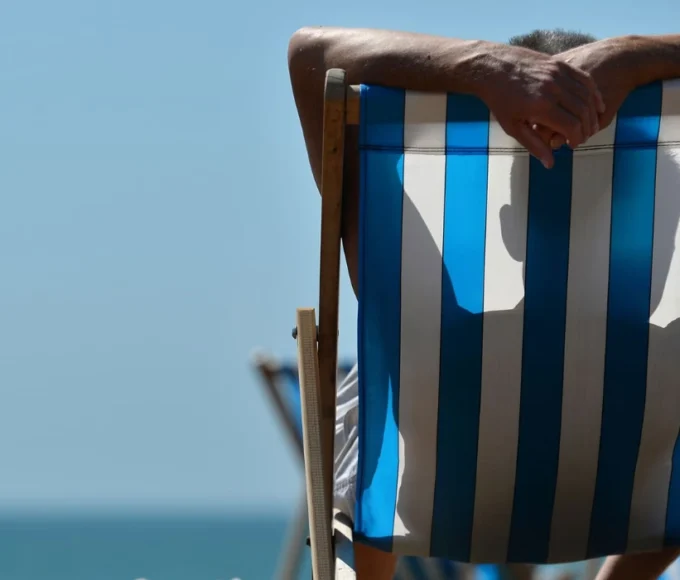In order to improve the EU’s preparedness and response to chemical, biological, radiological and nuclear threats, the Commission is building up strategic reserves of response capabilities.
In order to improve the EU’s preparedness and response to chemical, biological, radiological and nuclear (CBRN) threats, the Commission is building up strategic reserves of response capabilities through the EU Civil Protection Mechanism. the EU and the European Health Emergency Preparedness and Response Authority (HERA). Today, Croatia, France and Poland joined FinlandFR••• in hosting rescEUFR••• reserves worth a total of €545.6 million.
These reserves will notably consist of antidotes, antibiotics, vaccines, sedatives, prophylactic treatments and specific intervention equipment for NRBC incidents, such as detectors, decontamination equipment and personal protective equipment (masks with gases and protective clothing, for example).
The constitution of the four reserves is the result of cross-sectoral cooperation between EU health and civil protection authorities. Once these reserves have been established, Member States will be able to request the mobilization of the appropriate stock through the Emergency Response Coordination Center (ERCC).
At the same time, the Commission has just launched an additional call for proposals for a total amount of €636 million, this time focusing on the response to pathogens posing pandemic risks, CBRN threats and antimicrobial resistance.
Context
People can be exposed to CBRN agents as a result of unintended disasters (such as leaks at chemical facilities, incidents at nuclear power plants, or the spread of infectious diseases) or intentional acts (such as terrorist attacks). In addition, Russia’s war of aggression against Ukraine has further underscored the need for strategic reserves of accessible critical medical countermeasures and specific response equipment for CBRN incidents, in order to protect citizens. of the EU, in particular in the event of CBRN attacks or accidents.
Through the EU Civil Protection Mechanism, CBRN in-kind assistance was mobilized from 26 Member States and existing rescEU strategic reserves. These included chemical detectors, radiometric instruments, decontamination equipment and personal protective equipment, in addition to therapeutic treatments, such as potassium iodide tablets and antidotes.
The pandemic, however, has highlighted the lack of spare capacity for essential medical countermeasures, including PPE. In the face of new threats, such as the coronavirus, but also CBRN incidents, EU Member States may not have sufficient capacities to provide mutual assistance, in particular when several of them are confronted simultaneously with the same type of disaster.
The reserves are overseen by the Directorate-General for European Civil Protection and Humanitarian Aid Operations (ECHO) and the European Health Emergency Preparedness and Response Authority (HERA).
HERAEN••• is a pillar of the European Health UnionFR••• and a fundamental asset for strengthening the European Union’s response and preparedness in the event of a health emergency. One of HERA’s main objectives is to ensure the development, manufacture, procurement and equitable distribution of key medical countermeasures to address any gaps in their availability and accessibility.
In July 2022, HERA presented a priority list of the three main health threatsFR••• which call for coordination measures at EU level in the context of medical countermeasures. These three threats, which have the potential to spread throughout the Member States, are: 1) pathogens with high pandemic potential, 2) chemical, biological, radiological and nuclear threats, and 3) threats resulting from antimicrobial resistance. The current constitution of strategic reserves is a direct response to the second threat identified. rescEUFR••• provides an additional level of protection and guarantees a faster and more complete response in the event of a disaster. The rescEU reserves are 100% funded by the EU, and the European Commission retains control of their operation in close cooperation with the countries hosting them. In the event of an emergency, the rescEU strategic reserves primarily support EU Member States and States participating in the European Civil Protection Mechanism.
Quote(s)
I thank the four Member States for their determination to strengthen EU resilience in the CBRN field. The war of aggression waged by Russia against Ukraine underlines very clearly the need to strengthen the EU’s preparedness for CBRN risks by ensuring an adequate and effective response at EU level within the framework of rescEU.
Janez Lenarčič, Commissioner For Crisis Management – 20/02/2023
The current rescEU CBRN reserves, funded through the European Health Emergency Preparedness and Response Authority, will strengthen EU health security and preparedness. We consider CBRN threats as priority health threats to be prepared for at EU level. It is important that medical countermeasures are readily available should a chemical, biological, radiological or nuclear threat materialize. This is an essential aspect of the European Health Union.
This article is originally published on france.representation.ec.europa.eu









